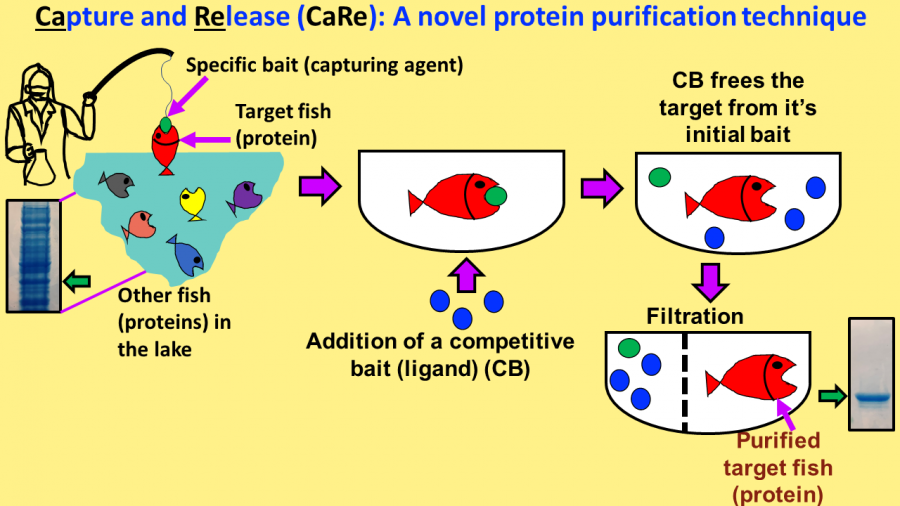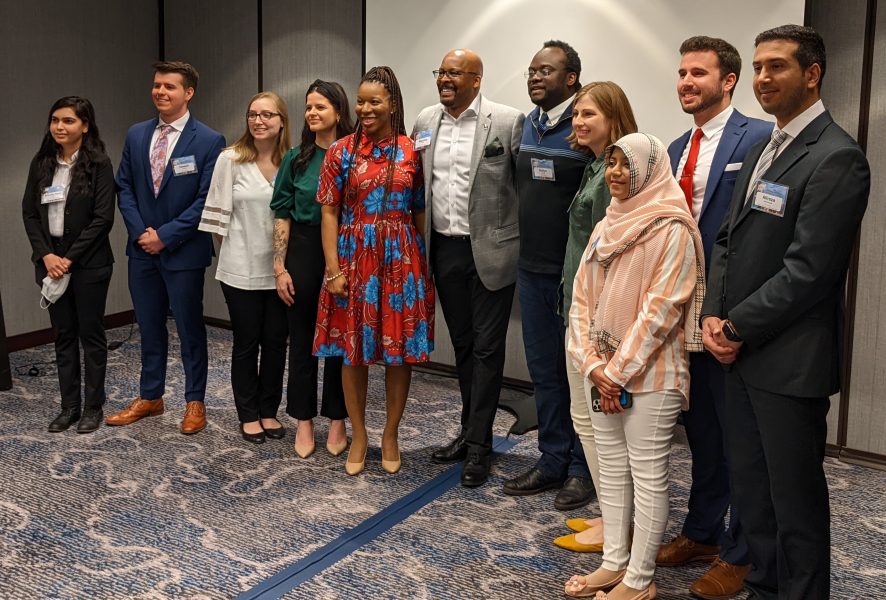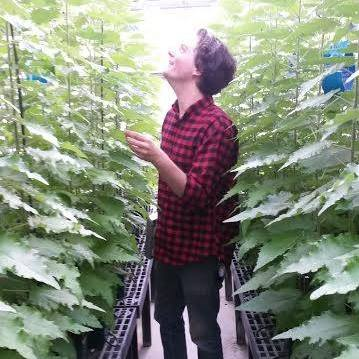Nominations are now open for the 2022 Council of Graduate Schools (CGS)/ProQuest Distinguished Dissertation Award. Please submit nominations to the Graduate School no later than 4pm, June 15, 2022, following our online instructions. This year, nominations are being accepted from dissertations in the fields of:
- Mathematics, Physical Sciences, and Engineering
- Social Sciences (note: history is classed within the humanities and is not a field of competition in 2022)
Michigan Tech may nominate one student in each field. PhD students who have completed all of their degree requirements between July 1, 2020, and June 30, 2022, are eligible.
The fields of competition for 2023 will be Biological/Life Sciences and Humanities and Fine Arts (including history).
Nominations must be delivered to Debra Charlesworth in the Graduate School no later than 4 p.m. on June 15, 2022; e-mail nominations to gradschool@mtu.edu are preferred. Contact Debra Charlesworth (gradschool@mtu.edu) if you have any questions about the competition.





